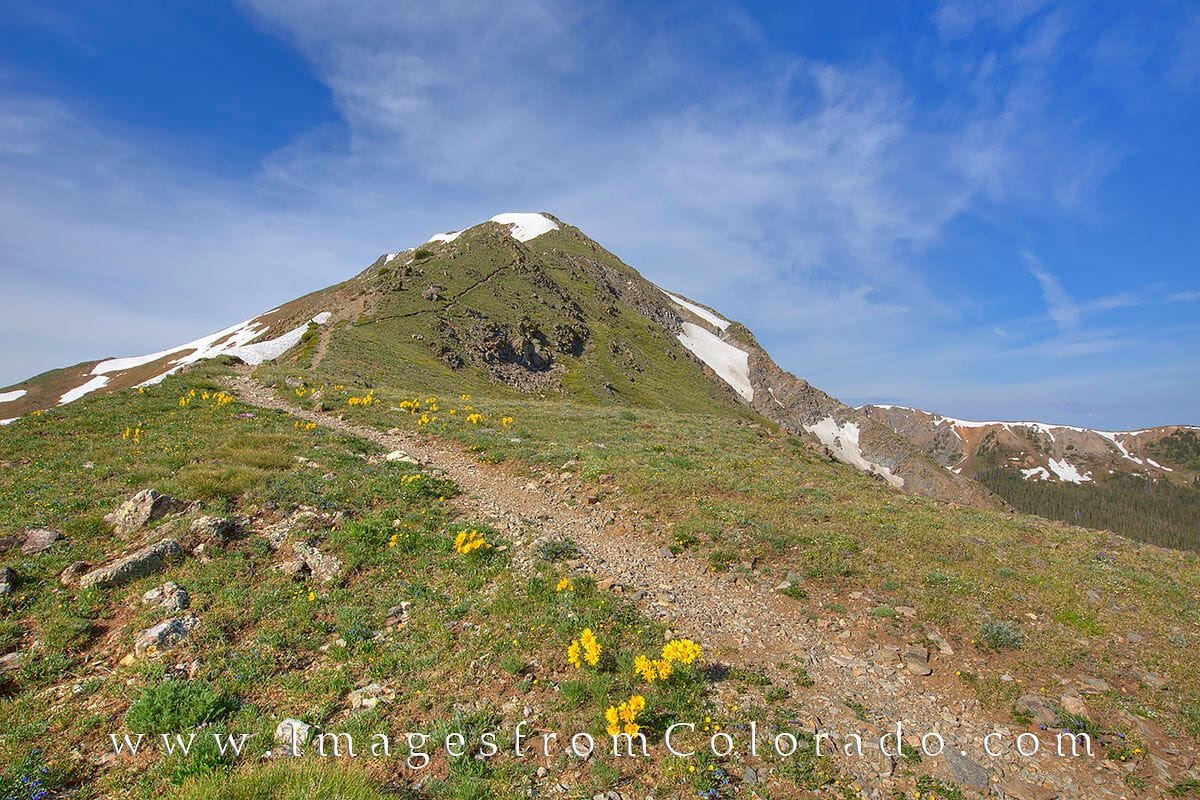
Fraser, Colorado is a charming mountain town located in the heart of the Rocky Mountains. With its stunning natural beauty, abundant outdoor recreational opportunities, and small-town charm, Fraser has become a popular destination for tourists and outdoor enthusiasts alike. One of the most notable aspects of Fraser is its high elevation, which can have a significant impact on visitors and residents alike. In this article, we will explore the elevation of Fraser, Colorado, and what you need to know before planning a visit.
Fraser's elevation is approximately 8,574 feet (2,613 meters) above sea level. This is significantly higher than many other towns and cities in the United States, and it can take some getting used to, especially for those who are not accustomed to high altitudes. The town's elevation can affect everything from the weather and outdoor activities to the local economy and way of life.
How Does Elevation Affect the Weather in Fraser?

The high elevation of Fraser, Colorado, has a significant impact on the local weather. The town experiences a semi-arid climate, with low humidity and moderate temperatures throughout the year. However, the elevation can also lead to rapid changes in weather, with sudden storms and temperature fluctuations common in the area.
During the winter months, Fraser receives significant snowfall, with an average annual snowfall of over 300 inches (762 cm). The town's elevation also makes it a popular destination for winter sports, including skiing, snowboarding, and ice climbing.
In the summer, Fraser's elevation provides a welcome respite from the heat, with temperatures typically ranging from the mid-60s to mid-70s (18-24°C). However, the high altitude can also lead to intense sunlight, making sunscreen and protective clothing essential for outdoor activities.
How Does Elevation Affect Outdoor Activities in Fraser?

Fraser's high elevation provides endless opportunities for outdoor recreation. The town is surrounded by the Rocky Mountains, with numerous trails, parks, and forests to explore. However, the elevation can also present challenges for outdoor enthusiasts.
At high elevations, the air is thinner, making it more difficult to breathe and increasing the risk of altitude sickness. Visitors to Fraser should be aware of the risks associated with high-altitude recreation and take necessary precautions, such as drinking plenty of water and acclimating to the elevation gradually.
Some popular outdoor activities in Fraser include:
Hiking and backpacking: Fraser has numerous trails for all skill levels, from easy day hikes to multi-day backpacking trips. Skiing and snowboarding: The town is home to the Winter Park Resort, which offers world-class skiing and snowboarding. Mountain biking: Fraser has an extensive network of mountain bike trails, ranging from easy cruisers to challenging downhill routes. Fishing: The town is surrounded by lakes, streams, and rivers, offering excellent fishing opportunities for both beginners and experienced anglers.
How Does Elevation Affect the Local Economy in Fraser?

The high elevation of Fraser, Colorado, has a significant impact on the local economy. The town's economy is driven primarily by tourism, with visitors drawn to the area's natural beauty and outdoor recreational opportunities.
However, the elevation can also present challenges for local businesses, particularly those that rely on transportation and logistics. The town's remote location and limited access to major highways can make it difficult to transport goods and services, increasing costs and reducing efficiency.
Despite these challenges, Fraser's economy remains strong, with a growing number of businesses and entrepreneurs calling the town home. Some popular industries in Fraser include:
Tourism: The town's natural beauty and outdoor recreational opportunities make it a popular destination for tourists. Hospitality: Fraser has a range of accommodations, from budget-friendly motels to luxury resorts. Retail: The town has a variety of shops, restaurants, and cafes, catering to both locals and visitors.
What Are the Health Impacts of Fraser's Elevation?

The high elevation of Fraser, Colorado, can have significant health impacts, particularly for those who are not accustomed to high altitudes. Some common health concerns associated with high-altitude living include:
Altitude sickness: This can range from mild symptoms such as headaches and fatigue to more severe conditions such as high-altitude pulmonary edema (HAPE) and high-altitude cerebral edema (HACE). Dehydration: The dry air at high elevations can lead to dehydration, particularly for those who are not drinking enough water. Sunburn: The intense sunlight at high elevations can increase the risk of sunburn, even on cloudy days.
To minimize the health impacts of Fraser's elevation, visitors should take necessary precautions, such as:
Drinking plenty of water to stay hydrated Avoiding strenuous activities, particularly in the first few days of visiting Acclimating to the elevation gradually Wearing protective clothing and sunscreen to prevent sunburn
FAQs
What is the elevation of Fraser, Colorado?
+The elevation of Fraser, Colorado, is approximately 8,574 feet (2,613 meters) above sea level.
How does the elevation affect the weather in Fraser?
+The high elevation of Fraser, Colorado, can lead to rapid changes in weather, with sudden storms and temperature fluctuations common in the area.
What are some popular outdoor activities in Fraser?
+Some popular outdoor activities in Fraser include hiking, skiing, snowboarding, mountain biking, and fishing.
In conclusion, Fraser, Colorado, is a charming mountain town with a unique character shaped by its high elevation. While the elevation can present challenges, it also provides endless opportunities for outdoor recreation and a distinct cultural identity. Whether you are a seasoned outdoor enthusiast or just looking for a relaxing getaway, Fraser is a must-visit destination in the Rocky Mountains.
Gallery of Fraser Colorado Elevation: What You Need To Know







